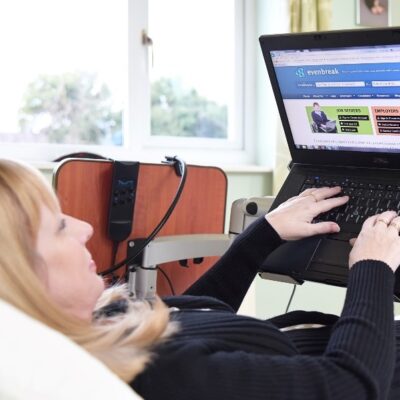For those of us who have nodded through an Accounting 101 course, if nothing else you will have learned that sales minus expense equals profit (or loss).
While this is a good way to understand the basics of financial reporting for a business, it merely scratches the surface of what it really means to be profitable.
An owner of a truly profitable business has at least one dollar (or pound) left over after business expenses, personal living expenses, taxes, savings, health insurance (if you live in a country where you need it), retirement, and perhaps an investment account.
If you achieve that, you may feel a level of satisfaction for having generated positive cash flow. But let’s return to those personal living expenses; what have you decided to pay yourself?
How to decide what to pay yourself
Ideally, you will receive compensation from the business that is equal to what you would be paid in the same position at an established company, so research what a competitive salary is for the role you are playing in your business.
As the founder, that position is likely to be CEO, Managing Director or a similar title. This will give you a number to aim for.
Of course, whilst you are establishing your business, it may take a few years before working your way up to the salary you want. In the meantime, you must achieve at least an adequate salary that covers basic living expenses. Here’s how to work out what you need.
Create a comprehensive personal budget to calculate what it costs to maintain a modest lifestyle. This is your starting salary number. You don’t need to leave out money for gifts, occasional travel, movies, dining out, etc., but you do need to be reasonable.
Some of these things may need to wait until you can afford to pay yourself a higher salary. In the early years you’re likely to be overworked and underpaid; I bet you never imagined being your own worst boss.
What finances for the business should I think about?
It’s also crucial to get into the savings habit early on. One of the main reasons for the high failure rate of businesses is undercapitalisation; in other words, there’s not enough to meet every financial obligation. When emergencies happen, the bottom falls out.
Beginning capital for any business should include start-up expenses (formation, supplies, equipment, etc.) and a 3 – 6 multiple of operating expenses (rent, utilities, labour, etc.), plus reserve (contingency savings).
When planning for your business, factor in all three – startup, operating, and reserve, then open your doors. As the business progresses, continue to move a portion of the income, even as little as 1% of gross revenue, into a savings account. What’s important is to develop a natural habit to save.
Many business owners forget to consider retirement. Remember, you are human, and you will age, hopefully gracefully. You are the owner of the business, which means it’s your responsibility to pay self-employment tax, in addition to making contributions to a separate pension account if you plan to be able to take care of yourself once you’ve retired.
Notice the word success was never used in place of profitable. A successful business is defined differently than profitability. Success is subjective and should be fluid. Once you meet a milestone, you are indeed successful. Another milestone, another level of success.
But while you’re working at making your business successful, keep in mind what it truly means to be profitable. If you do, there’s every chance you’ll get there.
Photo by bruno neurath-wilson on Unsplash



